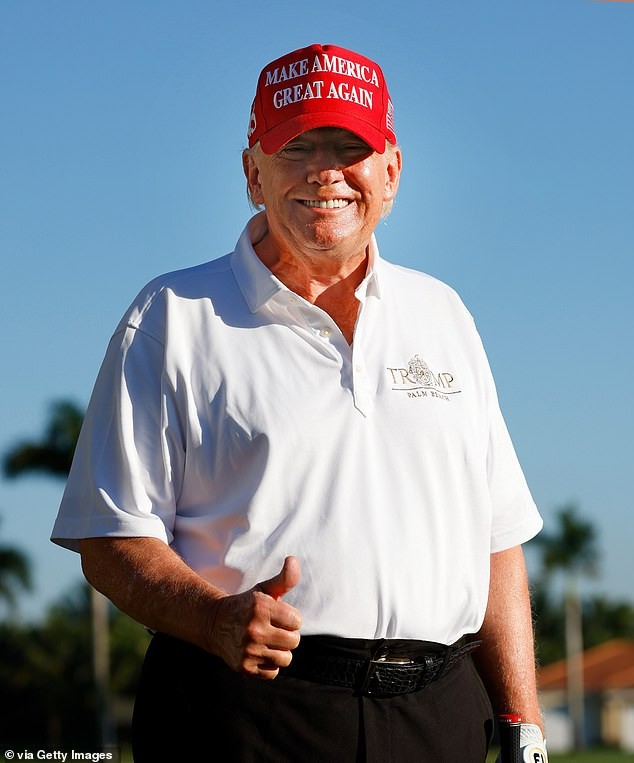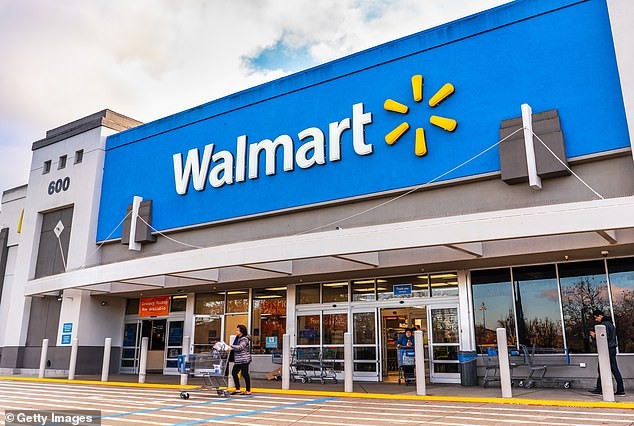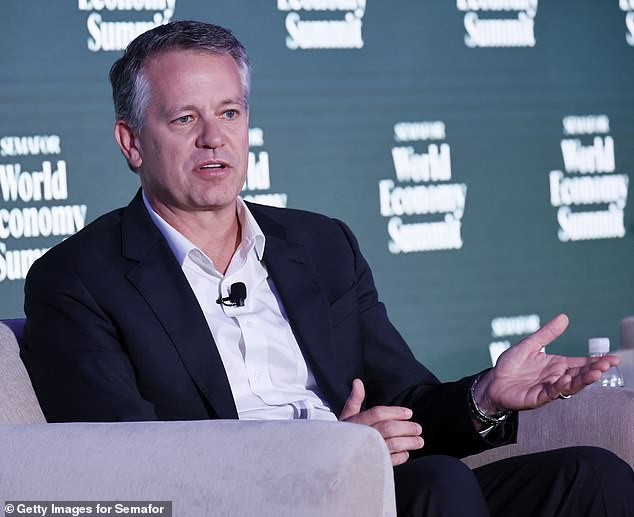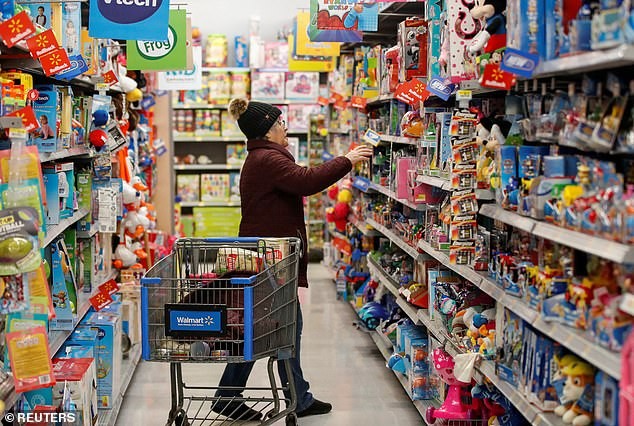Tariffs Are Working—for Walmart—and What They Mean for Your Wallet
Tariffs appear to be working for Walmart, pushing the retailer to accelerate its pivot toward U.S.-made products. The change isn’t just about politics—it could reshape what shoppers see on grocery shelves and how much they pay in the weeks ahead. Walmart executives say the move strengthens jobs and the country’s supply chain. John Furner, Walmart's chief executive, told CNBC's Invest in America Forum: "Investing in US manufacturing and US operations, sure, it's great for business, but it's also great for employment. It's great for jobs. It's great for the country, and it helps us with our supply chain being flexible and dynamic."

In This Article:
A Pivot to US Manufacturing as a Core Strategy
Walmart frames this shift as a strategic, long-running priority. The tariff environment has reinforced the move toward domestic suppliers and products, with the company announcing a stronger emphasis on U.S.-made goods as a central part of its planning. Furner says the effort is not solely about price or politics—it’s about resilience and national employment as the company rebuilds its supply chain to be more flexible and self-reliant.

Domestic Expansion: Jobs and Medicine
A beef processing facility in Olathe, Kansas, is part of Walmart’s expansion and will create more than 600 American jobs. The company frames this as part of its long-term plan to grow products produced on U.S. soil and to strengthen local economies. Furner also notes that domestic production is being revived in categories across the board— including medicine. He cites a partnership with USAntibiotics aimed at bringing back products like amoxicillin so that they're made here in the United States.

Global Sourcing Remains Necessary
Not everything can be grown or produced in the United States. "We source from all around the world," Furner says. "There are things that are grown around the world that tend to do better in other climates, you know, coffee might be an example… I think there are a lot of possibilities." Retailers across America are re-evaluating how they source and price inventory amid tariffs. Many imported items remain expensive, and prices will reflect higher costs unless retailers absorb the difference.

Prices and Policy: What Shoppers Will See in a Tariff-Driven Market
As tariffs persist, prices on some imports are likely to rise. Grocery stores, which stocked up on international imports before tariffs began, now face diminishing inventory and higher costs. Walmart says it remains committed to offering the best prices possible as the economy changes. "We want to try to keep prices as low as we can, as long as we can." Furner adds, "As policies change, they'll change. Environments will change. That happens. Commodities change." The company notes it is managing the shift with more rollbacks planned for the fall than at the year's start, a move it says it’s proud of.


